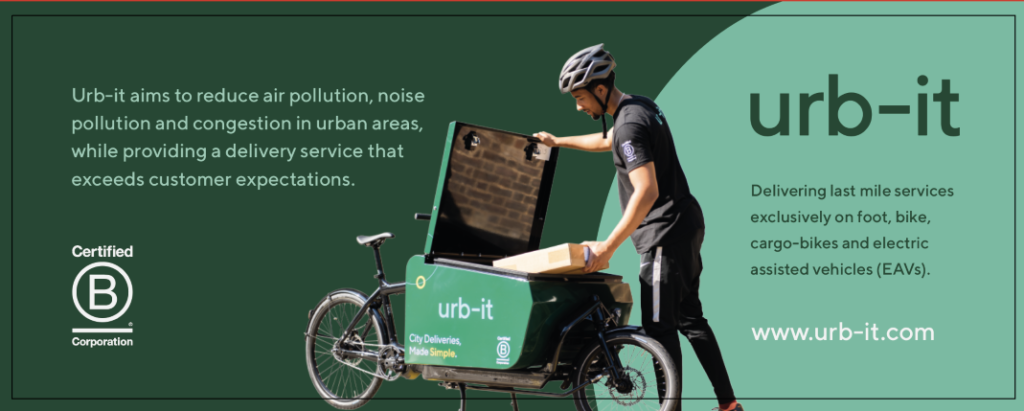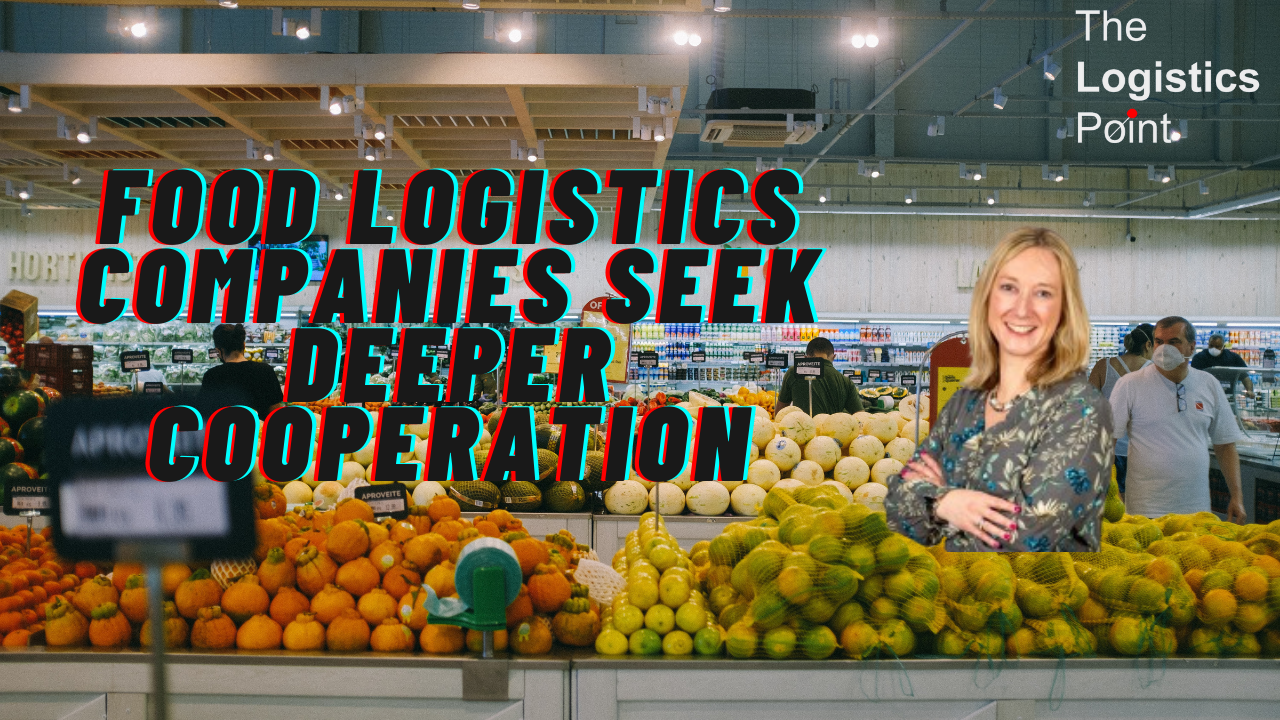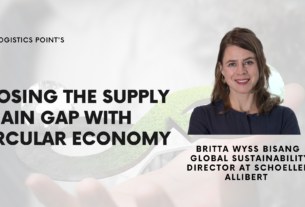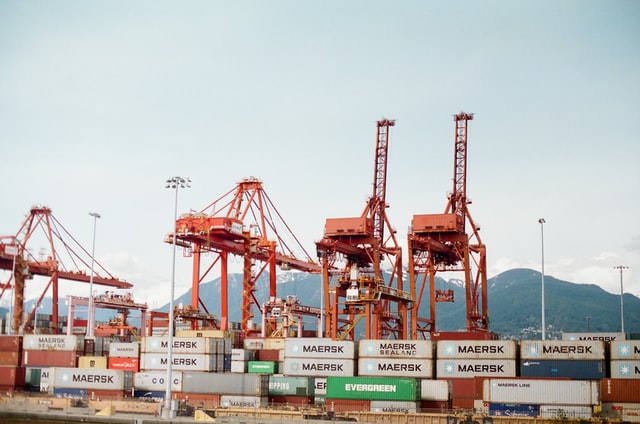‘There isn’t a part of the logistics in the food industry that hasn’t changed in the last 18 months,’ begins Louisa Hosegood, Digital and Strategy Director at Bis Henderson. Hosegood spoke to The Logistics Point about the challenges the food industry faced during Covid, how logistics organisations are supporting the sector and what to expect in the coming years. Watch the full interview at the bottom.

Join Louisa Hosegood on the 12th October to discuss last mile fulfilment strategies and cost control. Add the event to your calendar here! If you can’t attend you can register here and we will send you the recording.
The food industry has so many different parts that it is hard to think of it as a single area but Covid and most-recently Brexit had a tremendous impact on the way retailers and the hospitality industry operate. The acceleration of e-commerce has disrupted traditional models and news players are constantly entering the market. ‘There is a perfect storm of things that have been happening,’ Hosegood continues and lists Covid, Brexit and shipping problems around the world’s ports.’Supply challenges and customers’ expectations have clashed and I do not think anybody would think it has been an exciting time. I certainly think it has been challenging.’
About the positives
Despite the challenges the food industry is still standing on its feet and Hosegood believes people have realised that there is no other alternative to continuing to operate. ‘It has made people realise that you do not need to take years and think about decisions,’ Hosegood explains. The speeding up of decision making and adoption of technologies and new methods has been part of the last 18 months throughout.
The unprecedented demand forced by Covid has accelerated the risk taking and served as an engine for change. More and more organisations are embracing flexibility in the way they perform their daily operations adopting more omnichannel market strategies. For Hosegood a big positive is how traditional competitors have decided to work together in order to improve the overall market position. She believes that before Covid there was little to no interest in cooperation partly because of regulations but mostly because companies were just not looking at it as a viable option.
In the future
Due to the complexity of the food industry it is hard to see the future clearly. For Hosegood one of the trends that will occupy people’ minds is the different level of service required for city and urban deliveries. Logistics is expected to put more importance on being closer to the customer. ‘Change is always constant but can we accept that it is always there and that things are not always perfect?’ asks Hosegood.
Watch the full video interview below and learn more about how the food industry and logistics are transforming together and how consumers are playing their role.✷


